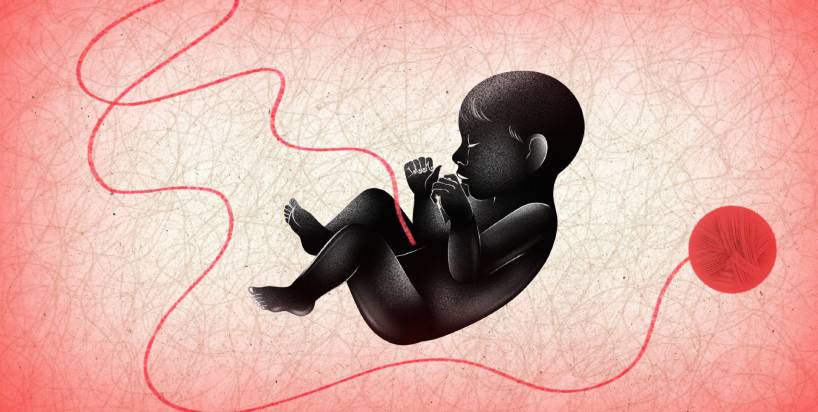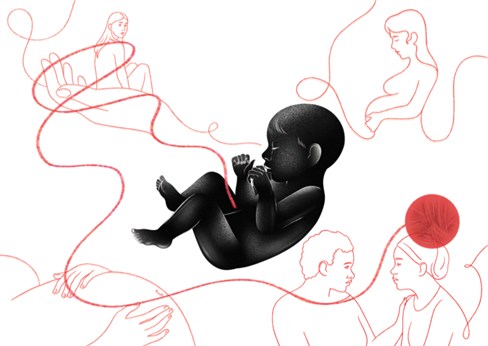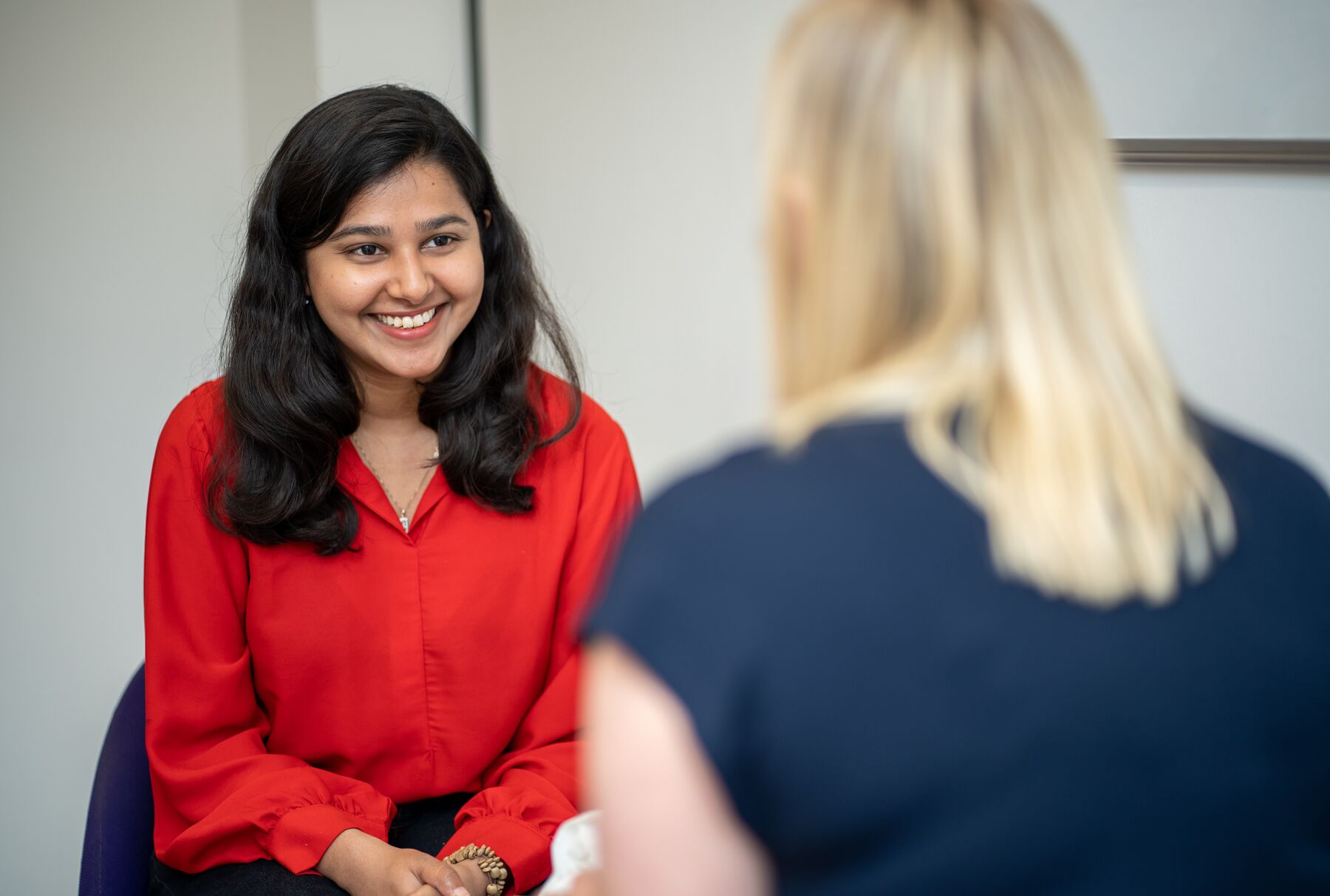Open Lab research group empowers women to share their maternal mental health stories
A new animation has been created which highlights the real mental health experiences of mums and mums-to-be
25 September 2025
The transformational power of listening has been highlighted in a new animation that captures the real voices and mental health experiences of a group of mums and mums-to-be.
Drawing from the award-winning Ways to Wellness Maternal Mental Health Services prototype, the film, which has been co-created by Open Lab at Newcastle University's School of Computing, and Voluntary, Community and Social Enterprise (VCSE) organisations, alongside non-profit design agency Roots and Wings, aims to normalise poor maternal mental health, and overcome stigma, following national research findings that 70% of mums downplay their mental health needs (Source: Maternal Mental Health Alliance and Mental Health Foundation).
Featuring original artwork by Olga Mashanskaya, the three-and-a-half minute film captures the words of, and insights from, mums from seldom heard communities often excluded from the healthcare system, who took part in a series of storytelling workshops in which they shared their perinatal experiences. The sessions, at Holme Head House in Cumbria, were led by Open Lab researchers in collaboration with The Happy Mums Foundation, with input from health inequalities charity Ways to Wellness, together with community-based partners local to different parts of the region, to best harness knowledge specific to those areas. This included:
- Cumbria Council for Voluntary Service (CVS)
- Carlisle and Eden Maternity and Neonatal Voices Partnership (MNVP)
- The Woman Up community
- Healthwatch Cumberland
Entitled, ‘See the Whole of Me’, the animation aims to highlight, using the women’s own words and voices, the difference it can make, not just on an individual basis, but for whole families, when a whole-life, community-based approach to maternal listening is taken by the professionals caring for them.

The collaborative project, which references the Hearts and Minds Partnership, also serves to evidence the importance of peer support, featuring a ball of wool as a metaphorical tool after it was used in the inaugural workshop to encourage peer sharing and help build a sense of community.
Learnings from the workshops led to the development of a zine and blog post, followed by a report, authored by Dr Caroline Claisse, an Open Lab-based lecturer in human-computer interaction and interaction design, and her colleague Professor Abi Durrant, which further brings the findings to life for those supporting mums and mums-to-be.

On behalf of all the project partners, Dr Claisse said: “We found the women that gave so much of themselves and their experience to this project wanted to provide a message of hope for new mums and mums-to-be, but alongside that wanted to place great emphasis on the positive impact of listening on maternal mental health, presenting the idea of ‘listening as a safety net’, while highlighting the consequences of not feeling heard or listened to.
“We are immensely proud of what has been achieved in this powerful animation, which is testament to the strength of working in a partnership, with co-production by those with lived experience at its heart.
“To all the mums that took part, we recognise the bravery shown in sharing their story to help us create it, and want to thank them all for their time, vulnerability and care.”
It is now hoped the animation, which points new mums and mums-to-be to a series of resources that offer support for parents, will be shared by all who see it, with families, health and care professionals, and anyone else that may wish to understand how they may be able to support better maternal mental health in their locality, providing a useful starting point for discussions around listening, and what good listening looks like in perinatal and maternal healthcare settings.
The film was funded by INCLUDE+, a UKRI network dedicated to exploring and fostering social and digital environments in which everyone can thrive. The wider research project was supported by funding from the Engineering and Physical Sciences Research Council (EPSRC) Centre for Digital Citizens.
Press release used from Ways to Wellness with thanks
